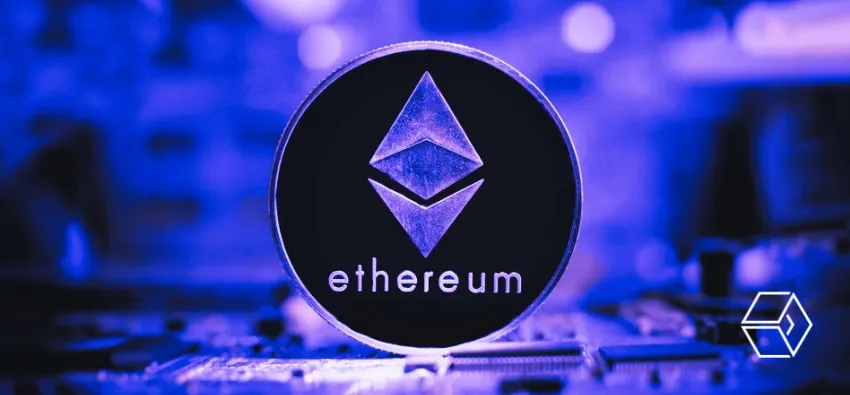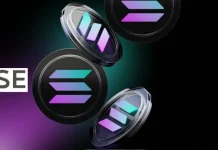
Wednesday saw the release of a ground-breaking white paper that presented a new protocol called Heroglyphs. This new protocol is designed to motivate those who stake Ethereum using elements typically found in proof-of-work systems. Adding these features to Ethereum’s existing proof-of-stake model presents a one-of-a-kind system for single-stakes.
Co-author Manny innovated the new protocol in collaboration with 0xMaki, another vital member of the Sushi swimming team. The protocol addresses the challenges arising from Ethereum’s shift from PoW to PoS, scheduled for September 2022. The same players behind Heroglyphs address a token distribution imbalance as the industry evolves. They also begin to worry about the liquid staking protocols being adopted more and more frequently, which might be a very centered thing and could be against Ethereum’s ideals of decentralization.
Heroglyph proposes a decentralized solution to the network by giving token rewards for the PoW system. The white paper highlights that “Heroglyph mining ensures that all validators with successfully performed tasks are rewarded, regardless of their staking amount and if they are chosen into the block proposer team”. This mechanism attempts to level the playing field and stop more prominent node operators from overwhelming smaller ones. As a result, a better validation environment is created.
The protocol empowers users to produce tokens per the definite overall number, emission schedule, and distribution strategy at the start. Through checking the mining exclusively to the validators that are required to complete, Heroglyphs seeks to have an equal level playing field for all the participants and limit the dominant impact of more prominent operators while increasing the power of the smaller ones.
Although the term “mining” is employed, the authors emphasize that Heroglyphs does not rely on energy mining, which traditional PoW systems commonly process. Within the context, mining is the metaphor for the token being issued as a reward, not computational tasks usually correlated with mining.
As explained by the authors of the white paper, their goal is not to replace liquid staking entirely. On the other hand, they strive to improve Ethereum’s security by investigating the problem of having a few validators who have control over the validation and privileged information. That indicates their commitment to enhancing the security framework and keeping the current systems intact.
In addition, Manny informed me that Heroglyphs is about to launch its first white paper, which will be launched on Friday. The paper will provide a more detailed description of how this blockbuster protocol will be used within the Ethereum grid.










